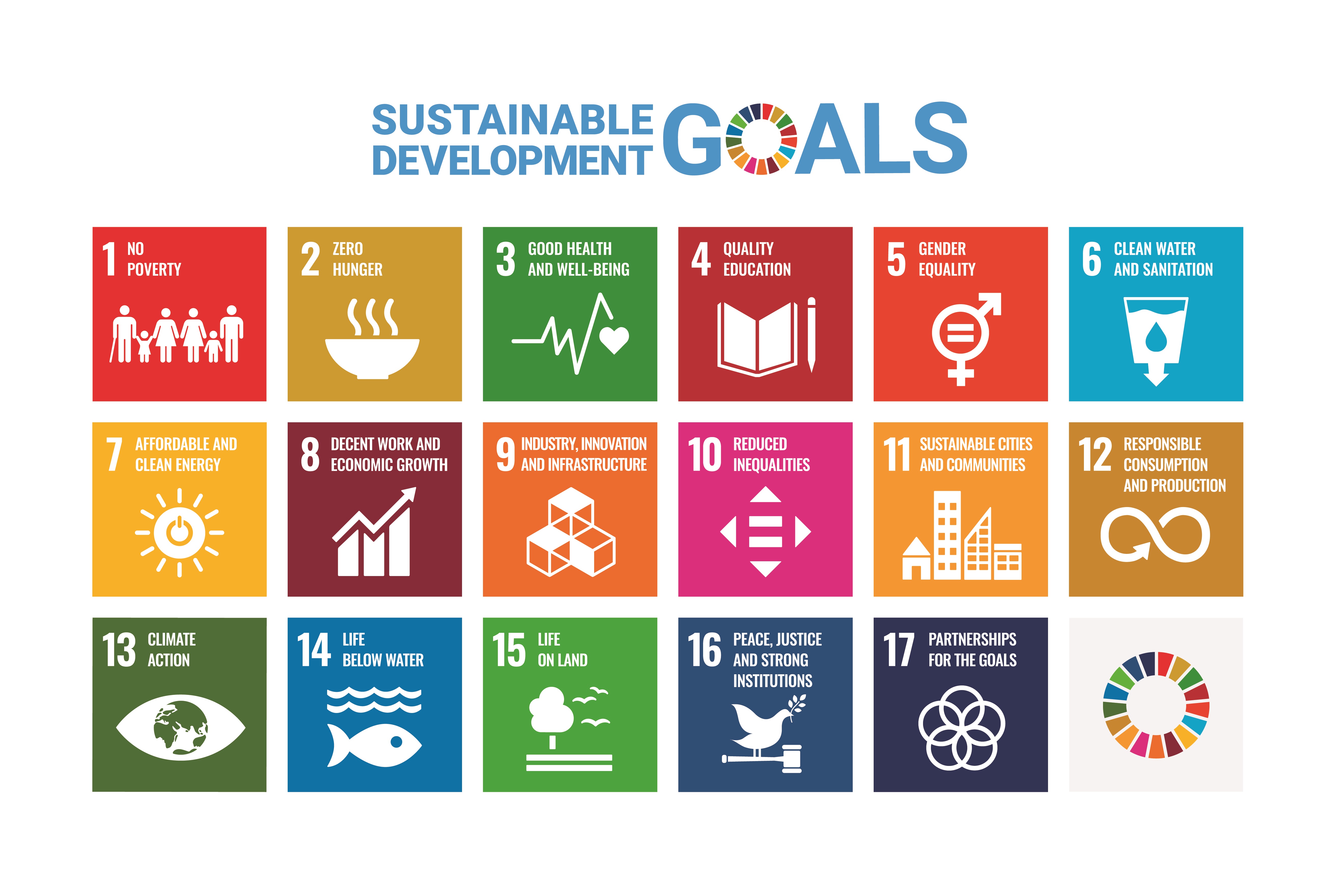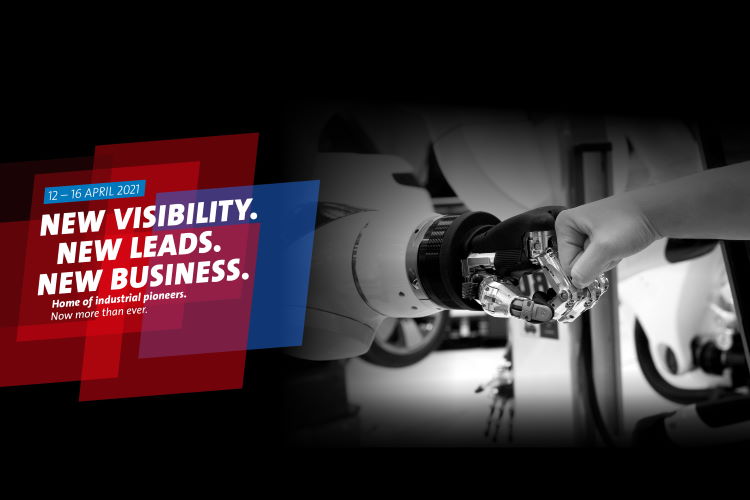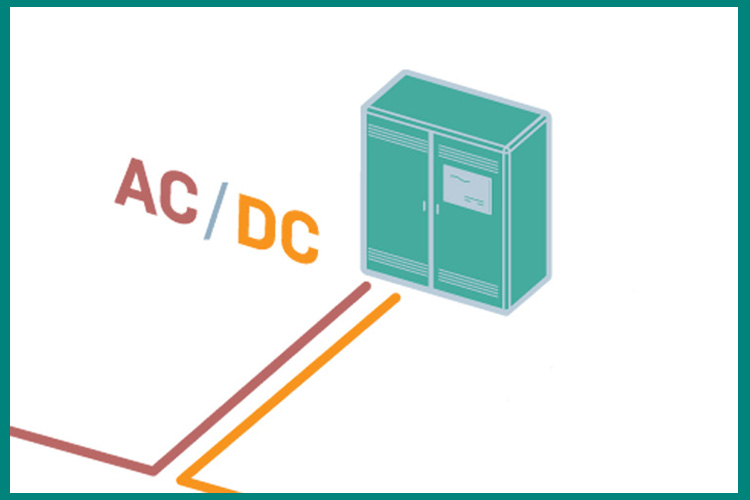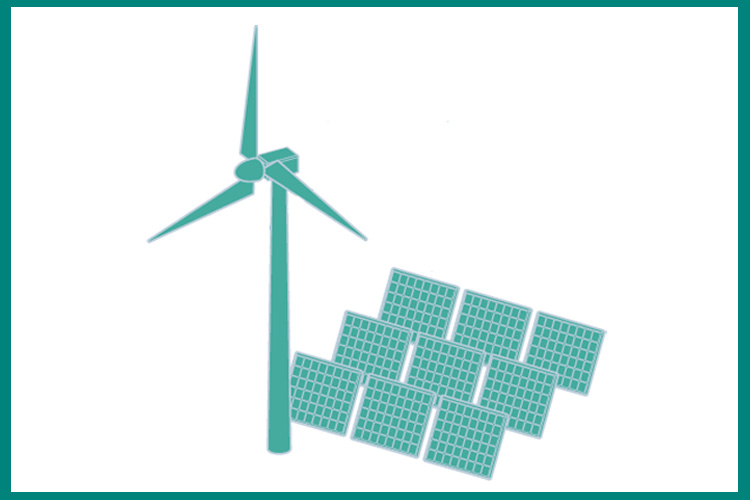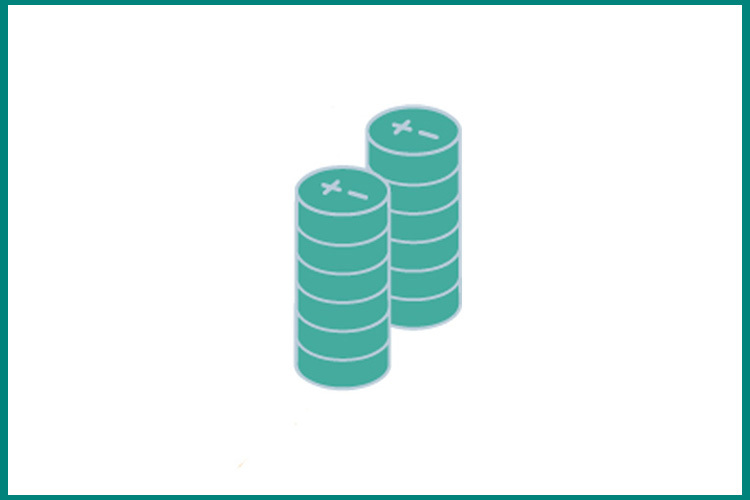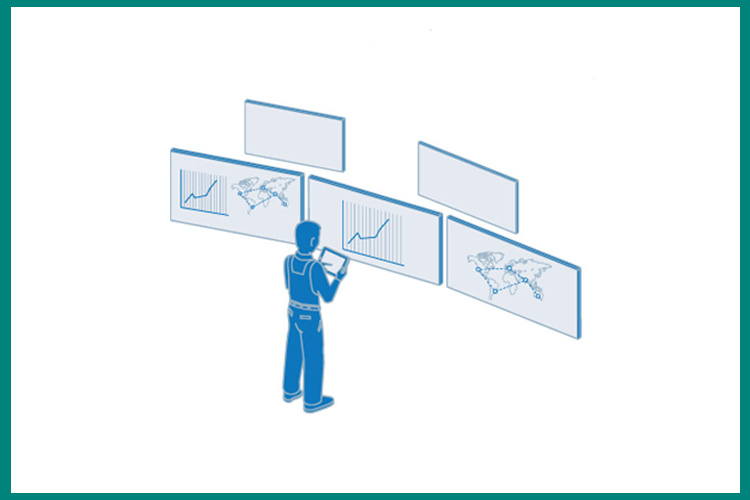Energiewende meets Industrie 4.0
DC-INDUSTRIE overview
The German Federal government supports companies and research institutions in developing innovative technologies that support reaching the international climate targets. Specifically, the Energy Research Programmes of the Federal Ministry for Economic Affairs and Energy, focus on the large industrial and manufacturing base in Germany. Since October 2019, 39 partners - 33 of which are companies and 6 research institutes - have been working on seamless, efficient integration of renewable energy (e.g. solar panels on factory roofs) and storage devices for balancing power supply and demand in factories. The focus of DC-INDUSTRIE2 is the direct current supply of an entire production hall, after the direct current supply of a production cell had already been realized in DC-INDUSTRIE since 2016. The DC infrastructure will be realized and rigorously tested in nine model plants and transfer centres at various partners. They range in power levels up to approximately 2 MW.
The predecessor project DC-INDUSTRIE (2016 – 2019, with 27 partners) laid the groundwork for the power supply of industrial plants via a smart, open DC grid. The partners collaborated to implement the energy transition in industrial production achieving up to 80% reduction of feed-in power and a total recovery of braking energy in four model applications at the industrial partners.
In short, DC-INDUSTRIE provides:
1. An open system
2. Efficient integration of renewable energy
3. Lower energy consumption
4. Reduced feed-in power
5. Increased system availability
Please read more in our white paper and our project presentation.
![[Translate to Englisch:] [Translate to Englisch:]](/fileadmin/user_upload/DC-Industrie_Proejtkteam.jpeg)
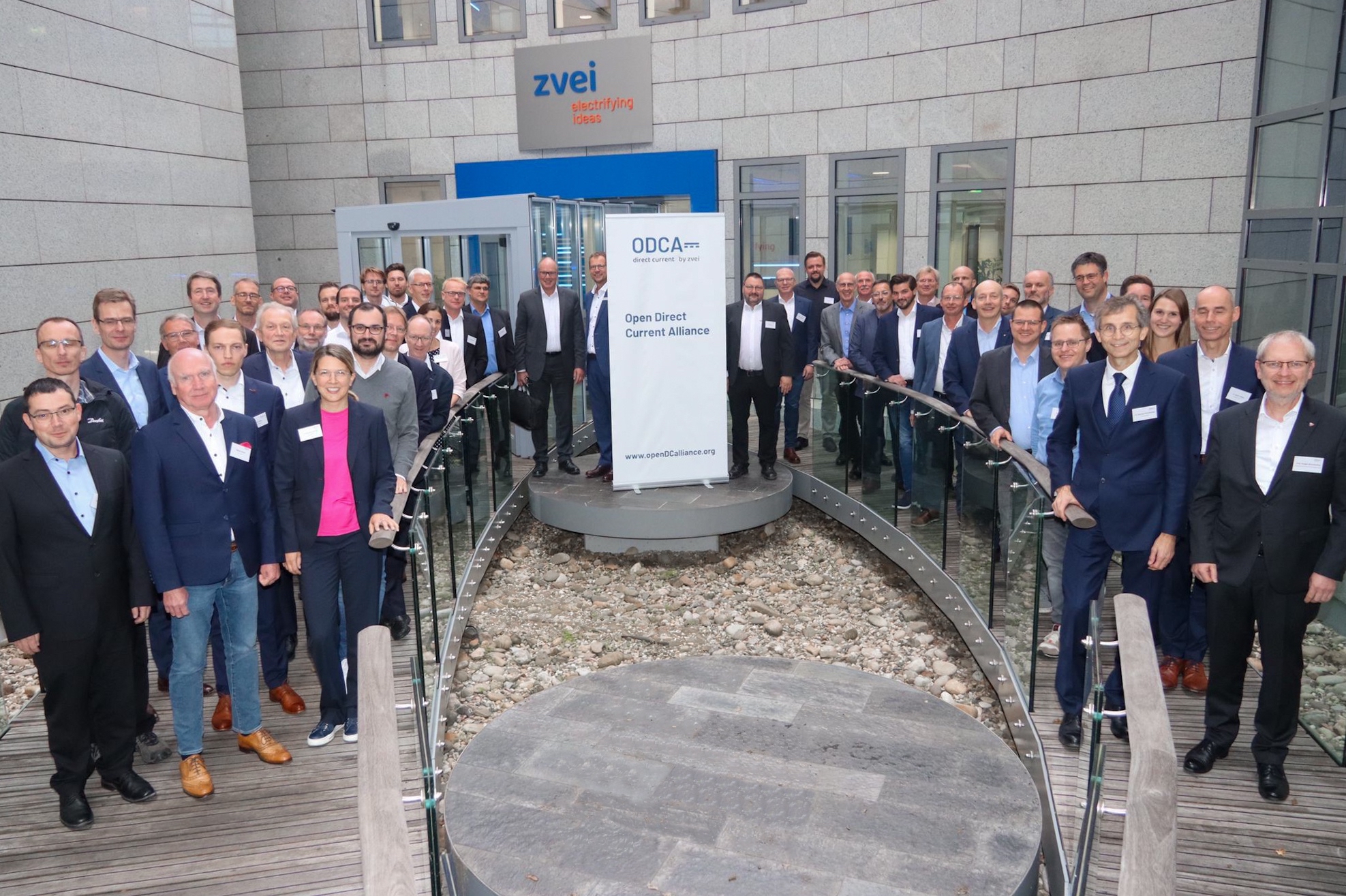
![[Translate to Englisch:] [Translate to Englisch:]](/fileadmin/user_upload/Presse_und_Medien/mediathek/DC-Industrie/Nachhaltitgkeit_CTO_Lenze.jpg)
